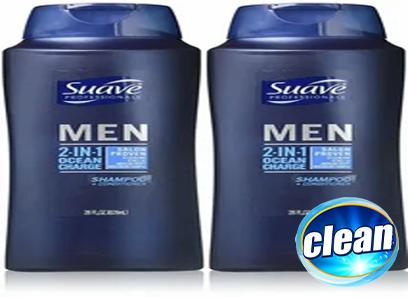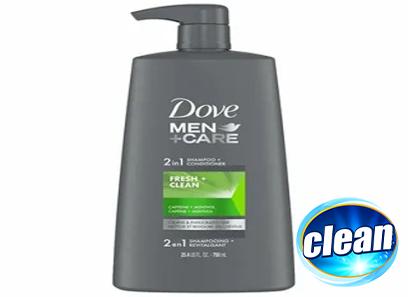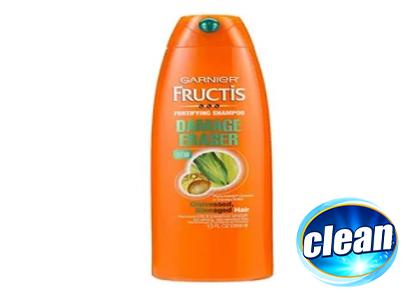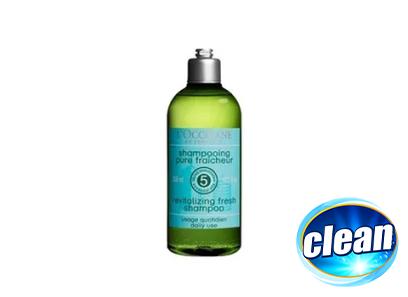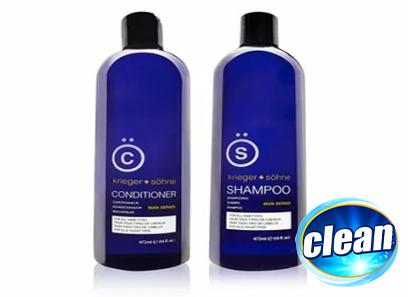Detergent powder is an essential household item that is used for laundry purposes, both in residential settings and commercial establishments. When it comes to purchasing detergent powder, consumers often look for the best quality at an affordable price. This article aims to shed light on the factors that influence the price of a 1kg pack of detergent powder, helping consumers make informed decisions that suit their needs and budgets.
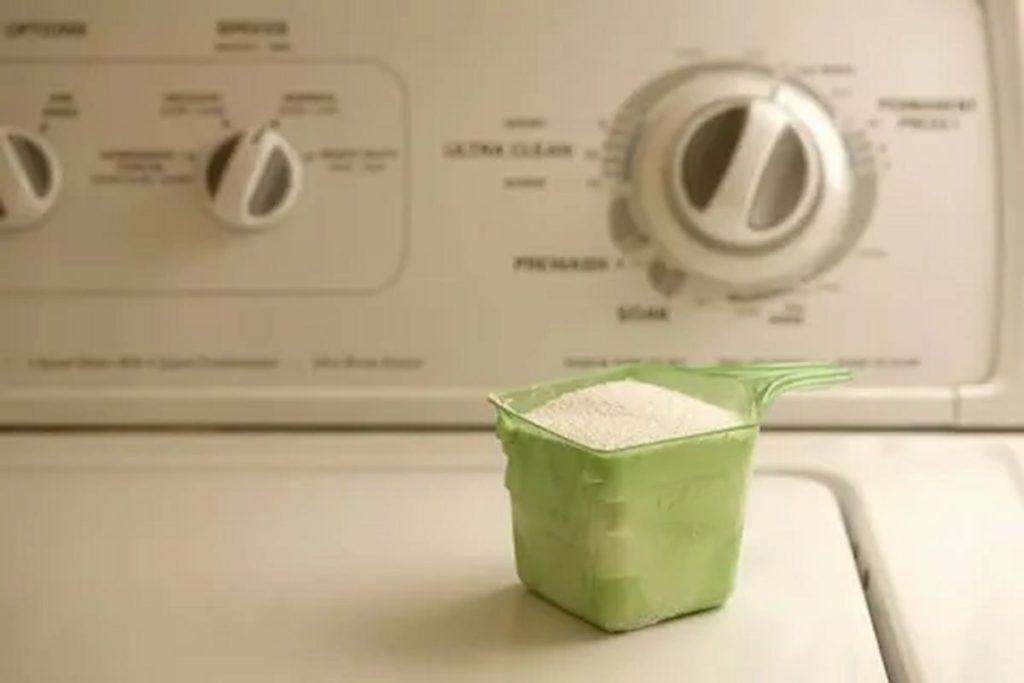
Quality and Composition:
One of the primary factors affecting the price of detergent powder is its quality and composition. High-quality detergent powders tend to be priced higher due to the superior ingredients used in their formulation. These superior ingredients often provide better stain removal, color retention, and fragrance, making them desirable to consumers. Furthermore, premium brands might incorporate cutting-edge technologies and research into their products, further warranting a higher price point.
Brand Value:
The reputation and brand value of a detergent powder company also play a significant role in determining the price. Establishing and maintaining a reputable brand image usually involves higher investments in marketing, research, and development. Consequently, well-known brands often charge a premium for their products to cover these additional expenses. While brand value may indicate trustworthiness and consistency in product performance, it is worth considering lesser-known brands that offer similar quality at a more competitive price.
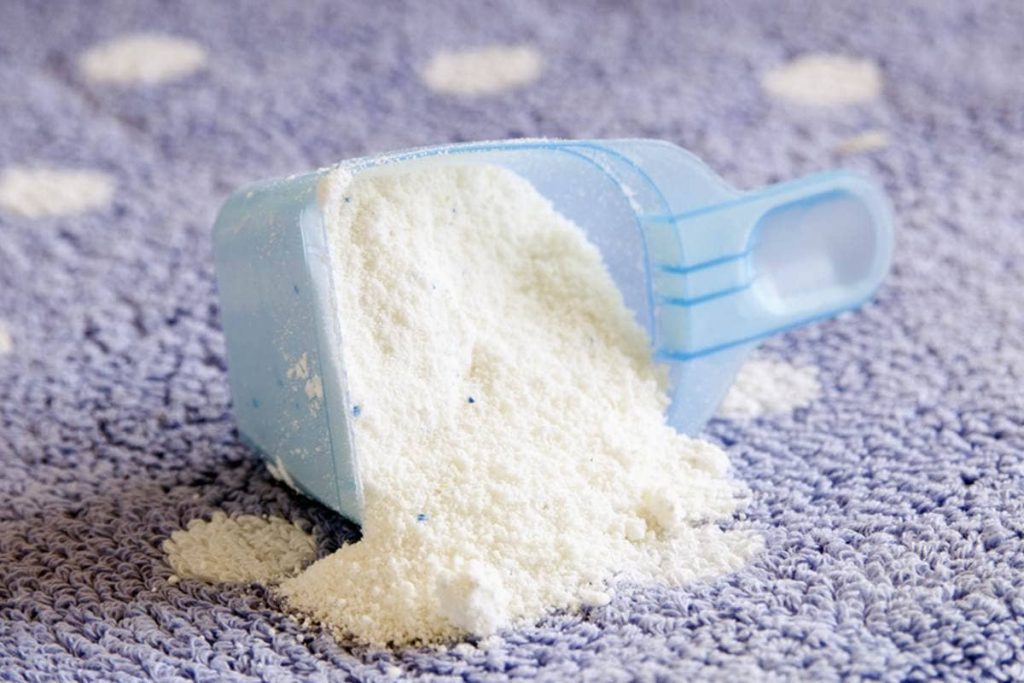
Packaging and Presentation:
The packaging and presentation of detergent powder also contribute to its overall price. Companies invest in attractive packaging to capture consumer attention and stand out on store shelves. Intricate packaging designs, resealable options, and additional features like built-in measuring cups often add to the cost. However, it’s essential to consider whether these packaging elements provide any substantial benefits over simpler, more cost-effective options.
Scale of Production:
Manufacturers producing detergent powder in large quantities often benefit from economies of scale. Bulk production allows them to reduce per-unit costs, resulting in a more competitive price for consumers. These manufacturers can pass on their cost savings, offering a more affordable option to customers. Conversely, smaller-scale producers who cannot achieve the same economies of scale may offer their products at a slightly higher price due to higher production costs.
Market Competition:
The level of competition within the detergent powder market also influences the price of 1kg packs. In highly competitive markets, various brands vie for customer attention, often leading to price wars. This can benefit consumers by driving prices down as companies try to offer the best deal and gain market share. On the other hand, in less competitive markets with limited options, prices may remain relatively high as manufacturers have little incentive to lower prices.
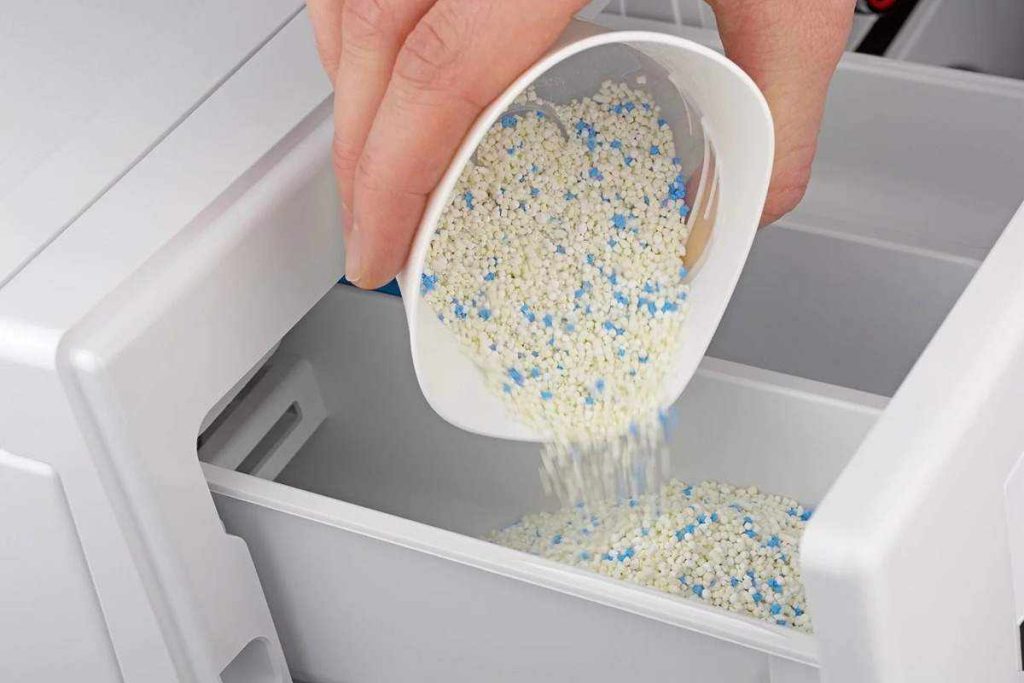
Region and Distribution Costs:
Regional factors, such as import tariffs, transportation costs, and local taxes, can affect the final price of detergent powder. Manufacturers have to account for these additional expenses when pricing their products, particularly if they operate on a global scale. Additionally, the costs associated with distribution and logistics also play a role in determining the final price. If a particular brand has a wide distribution network, it may have to account for higher expenses, which can reflect higher retail prices.
Understanding the various factors that contribute to the pricing of 1kg packs of detergent powder can assist consumers in making an informed purchase decision. While quality, brand value, packaging, and production scale impact the overall pricing, market competition, region-specific factors, and distribution costs also play a significant role. By considering these factors and balancing quality with affordability, consumers can find the ideal detergent powder that meets their specific needs without breaking the bank.
